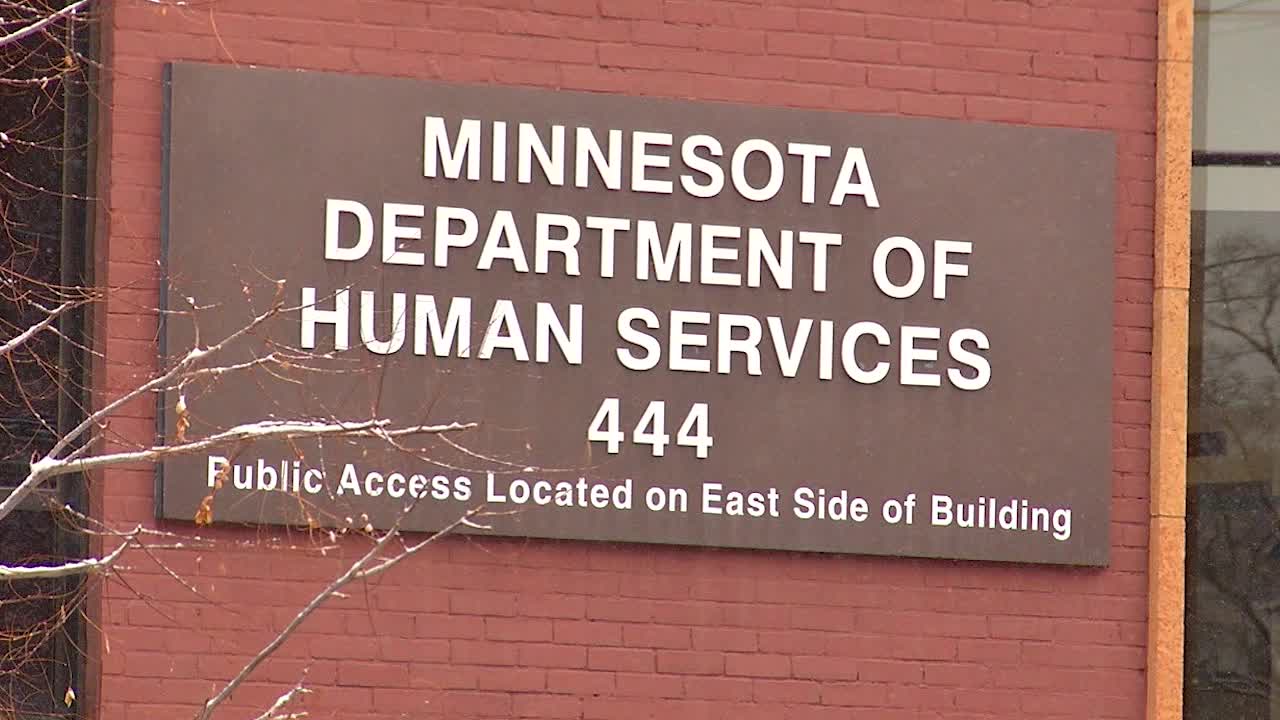The Minnesota Supreme Court decided this week that a defendant deemed unfit to stand trial and mentally ill is entitled to representation by their court-appointed lawyer — in any proceeding — including when trying to get admission into a state treatment center.
The Court’s opinion is that the county where the person is being held must pay their legal fees.
The case of Anthony Swope took center stage in the Supreme Court, specifically regarding his lawyers’ compensation.
5 EYEWITNESS NEWS Investigative Reporter Eric Rasmussen first shared Swope’s story in 2022.
RELATED: ‘Languishing in jails’ – State called out for failure to treat inmates covered by ’48-hour law’
At the time, Swope was found unfit to stand trial in Scott County and was committed to the state custody of the Department of Human Services.
5 INVESTIGATES reporter Rasmussen found other people who also waited weeks or months for treatment and were not being transferred by the “48-hour period” required back then to be moved out of a jail and into a state treatment center for mental health care.
“It is a problem that persists, folks are sitting in jails, very, very long periods of time after being civilly committed for treatment and not getting treatment,” said Kevin Wetherille, one of Swope’s lawyers. “There are efforts to try and shorten that timeframe but it’s going to take a long time I think to build out capacity to solve the problem.”
At the Forensic Mental Health Program at St. Peter, the average wait time is 298 days, according to the state.
At the Anoka Metro Regional Treatment Center, the average wait time is 34 days.
DHS says there are other alternative options available to treat people with mental illness commitments and incompetency findings at certified attainment programs.
“It’s a real big problem, we’re short…. Statewide,” said State Senator Jim Abeler, an Anoka County Republican, who sits on the Senate Health and Human Services Committee.
Abeler helped lead the effort to have the legislature approve more than $75 million to add 50 new beds and staff at the state’s largest behavioral health hospital in Anoka by 2028. “To create these extra 50 beds, which was a very strongly bipartisan effort to take a stab at the problem, so at least now there will be some place for some people to go,” Abeler said. “At this minute, there’s not enough money to go around.”
“We need a comprehensive plan to care for these individuals, including in community, which is why we are grateful for the Mentally Ill and Dangerous Task Force work in helping legislators develop a compassionate and effective system,” wrote DFL Senator Erin Maye Quade. “While we continue to work toward better solutions, we also funded and extended the work of the Priority Admissions Review Panel, bringing together a multidisciplinary group of experts to provide the legislature with comprehensive recommendations to address this complex issue.”
Minnesota DHS shared that there are 54 people on the waitlist for individuals currently incarcerated in a county jail.
On July 1, 2025 Minnesota Direct Care and Treatment, once part of Minnesota Department of Human Services became an independent state agency, which now oversees behavioral health care.
“In terms of the availability of mental health beds, in general, the continuum of care has not been built out for lower levels of care in the community. Investments in this area would serve individuals much earlier in their treatment journey, could prevent civil commitments, and would be more cost-effective,” wrote a spokesperson from Minnesota Direct Care and Treatment.
